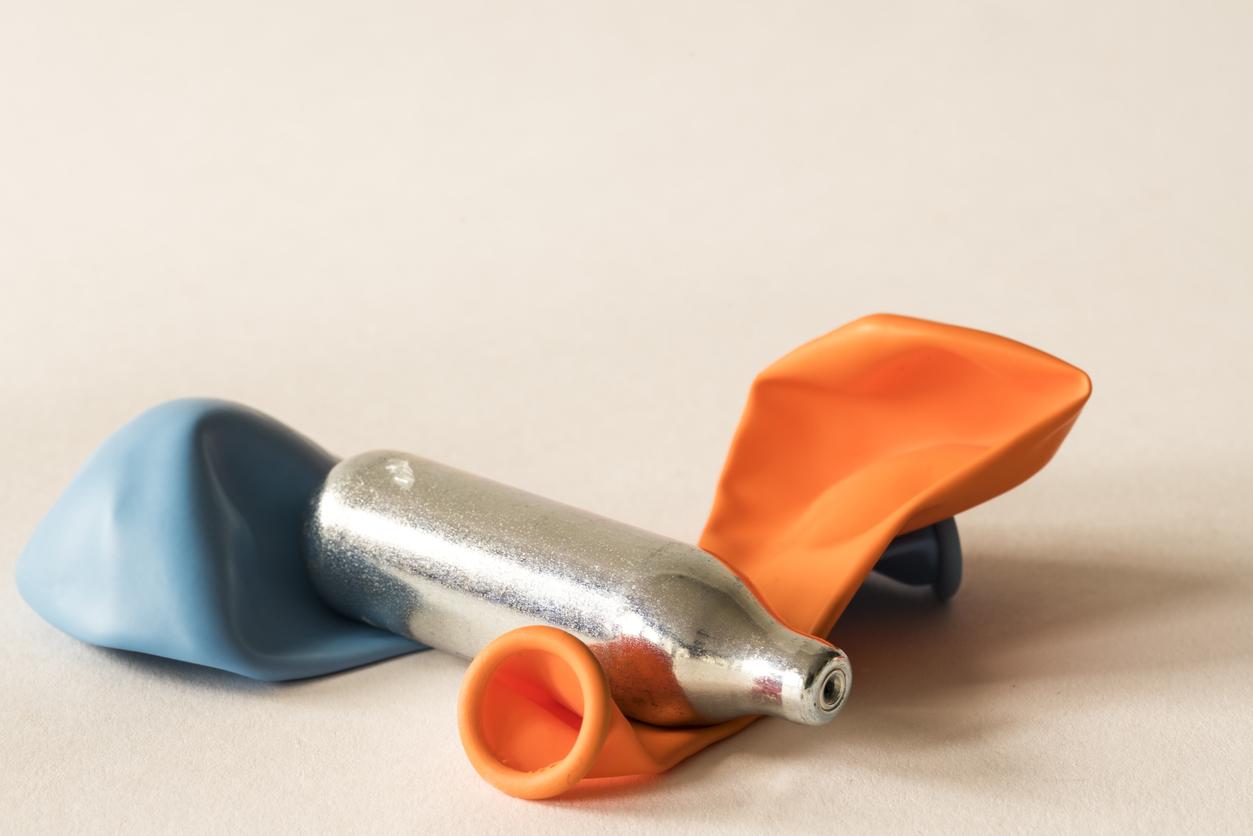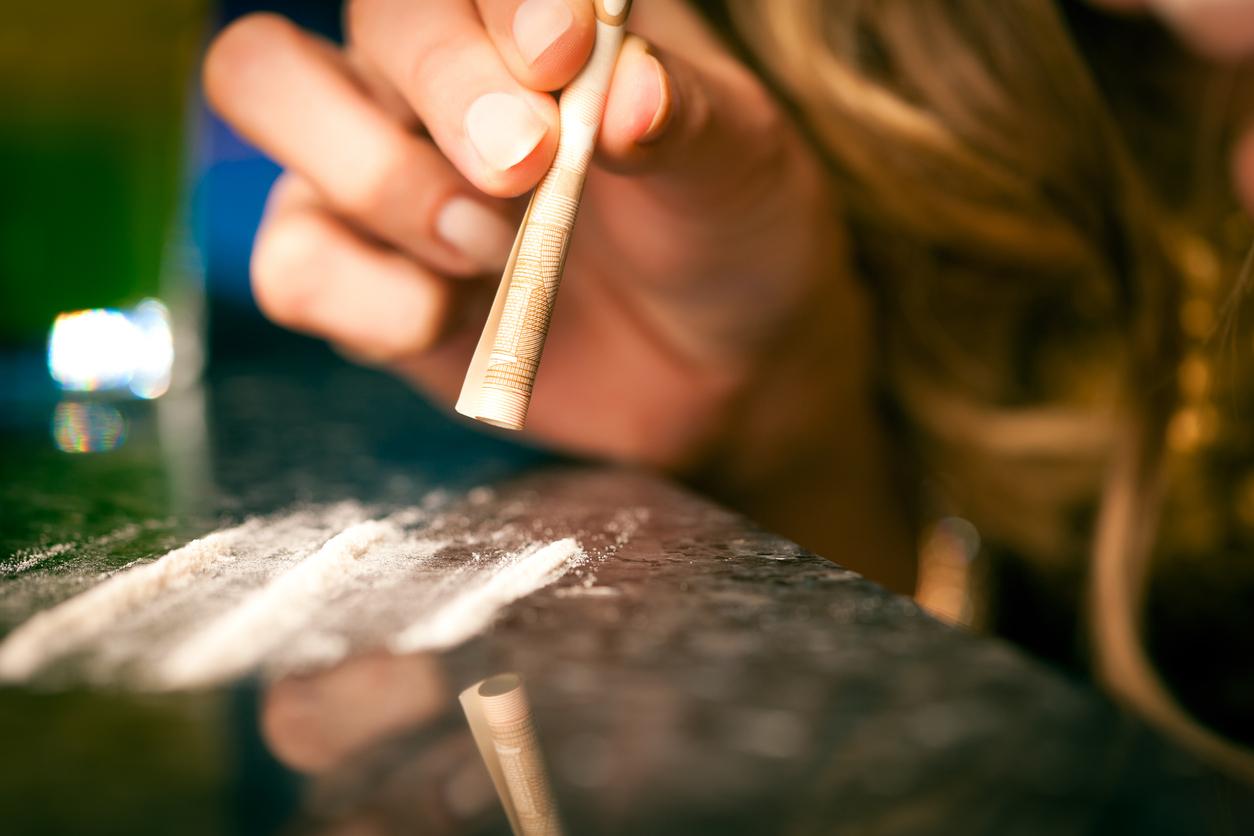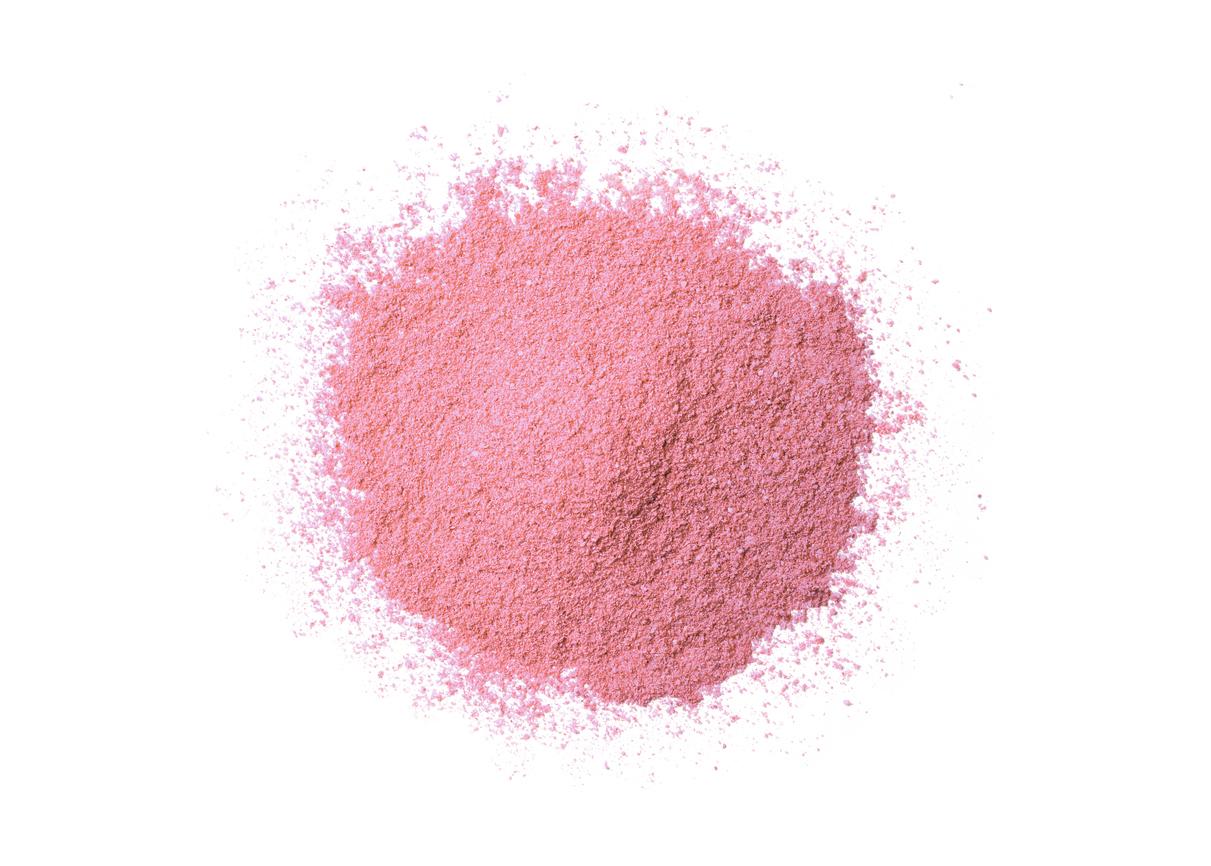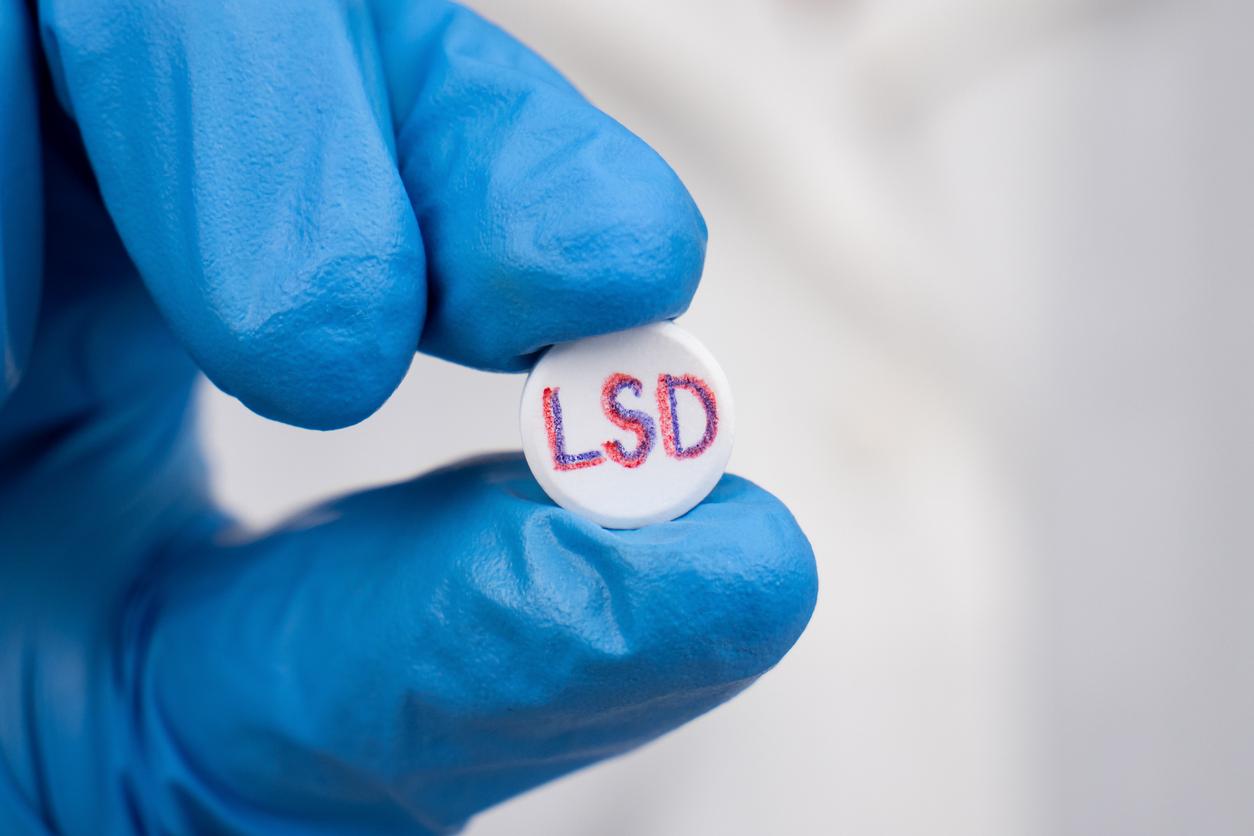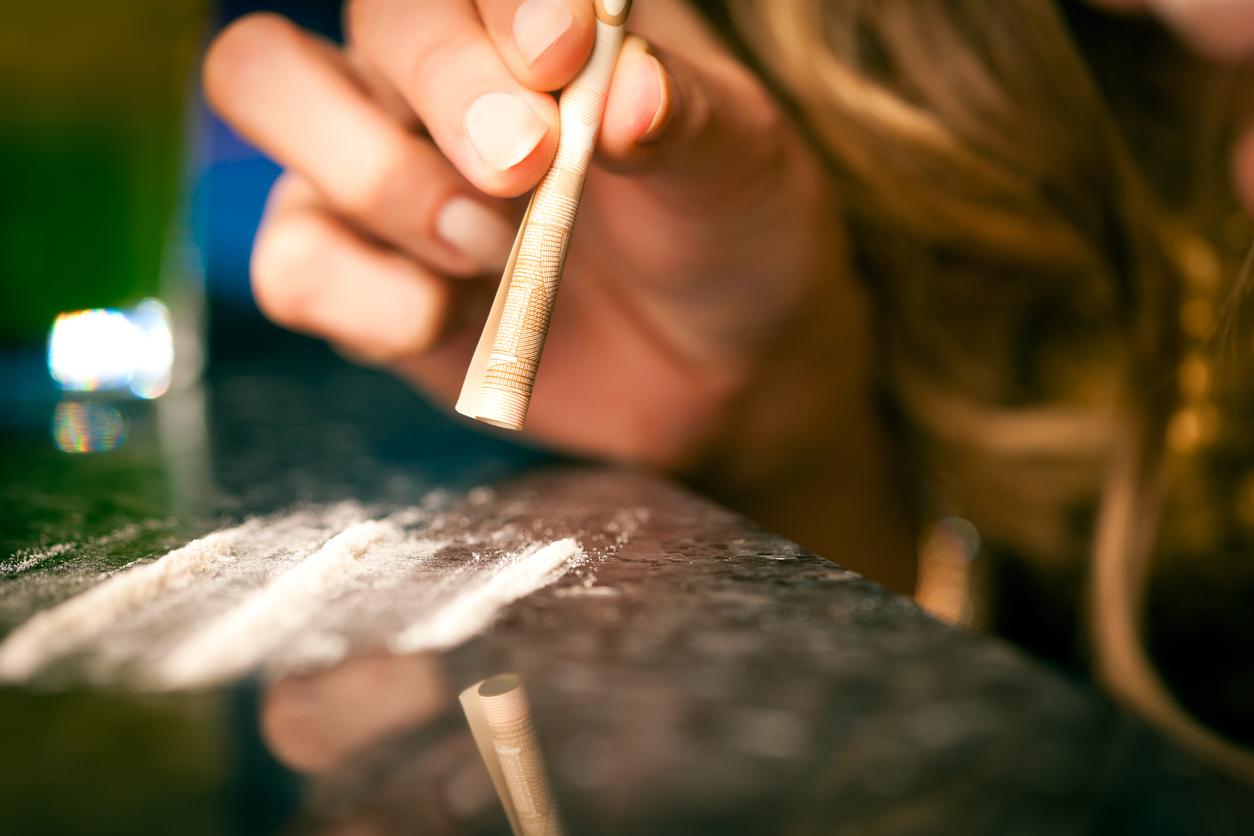If you’re worried about the neurological consequences of drinking too much alcohol, this study may be of interest to you.
According to a British study published in the scientific journal Journal of Alcoholism and Drug Dependence, a “revolutionary” drug could help to overcome the neurological effects of the consumption ofalcohol excessive, also called binge-drinking (“express biture” in French).
Binge-drinking is defined as the consumption of at least four glasses of alcohol during the same evening. This new way of consuming is mainly practiced by teenagers, but also affects 1 in 6 adults. But in addition to the traditional “hangover”, this practice causes loss of brain cells, and inflammation, which can cause brain damage. © braux in the long term. And in adolescents, whose brains have not finished developing, these negative effects are more noticeable.
Conclusive results in rats
But according to Professor Mike Page’s team, a molecule called ethane-beta-sultam could reduce these harmful neurological effects. This compound is able to cross the blood-brain barrier in the brain, where most drugs fail.
The team explains that during a binge-drinking session, the number of glial cells, which ensure the continuity of this blood-brain barrier, increase, in order to protect the brain alcohol. But when scientists injected the compound into heavily alcoholic rats, the number of glial cells decreased, allowing ethan-beta-sultam to enter the brain. It then made it possible to reduce the inflammation caused by alcohol, and to prevent the loss of neuronal cells as much as possible.
In addition, rats subjected to the compound showed better working memory (or ability to retain short-term information) than rats not subjected to the drug.
Applications for neurodegenerative diseases
Professor M. Page admits that the risk of such treatment is to mask the other negative effects of binge-drinking. “But if one accepts the fact that alcohol abuse is likely to continue, it might be wise for society to attempt to deal with it one way or another” a he pointed out.
But for the team, the molecule’s possibilities go beyond alcohol. Since the compound crosses the blood-brain barrier, it could lead to new anti-cancer treatments. neurodegenerative diseases for example, whose diseaseAlzheimer’s.
Read also :
Liver diseases: binge-drinking questioned
Teens: sanctioned binge-drinking
Binge drinking: the fast intoxication gene discovered









